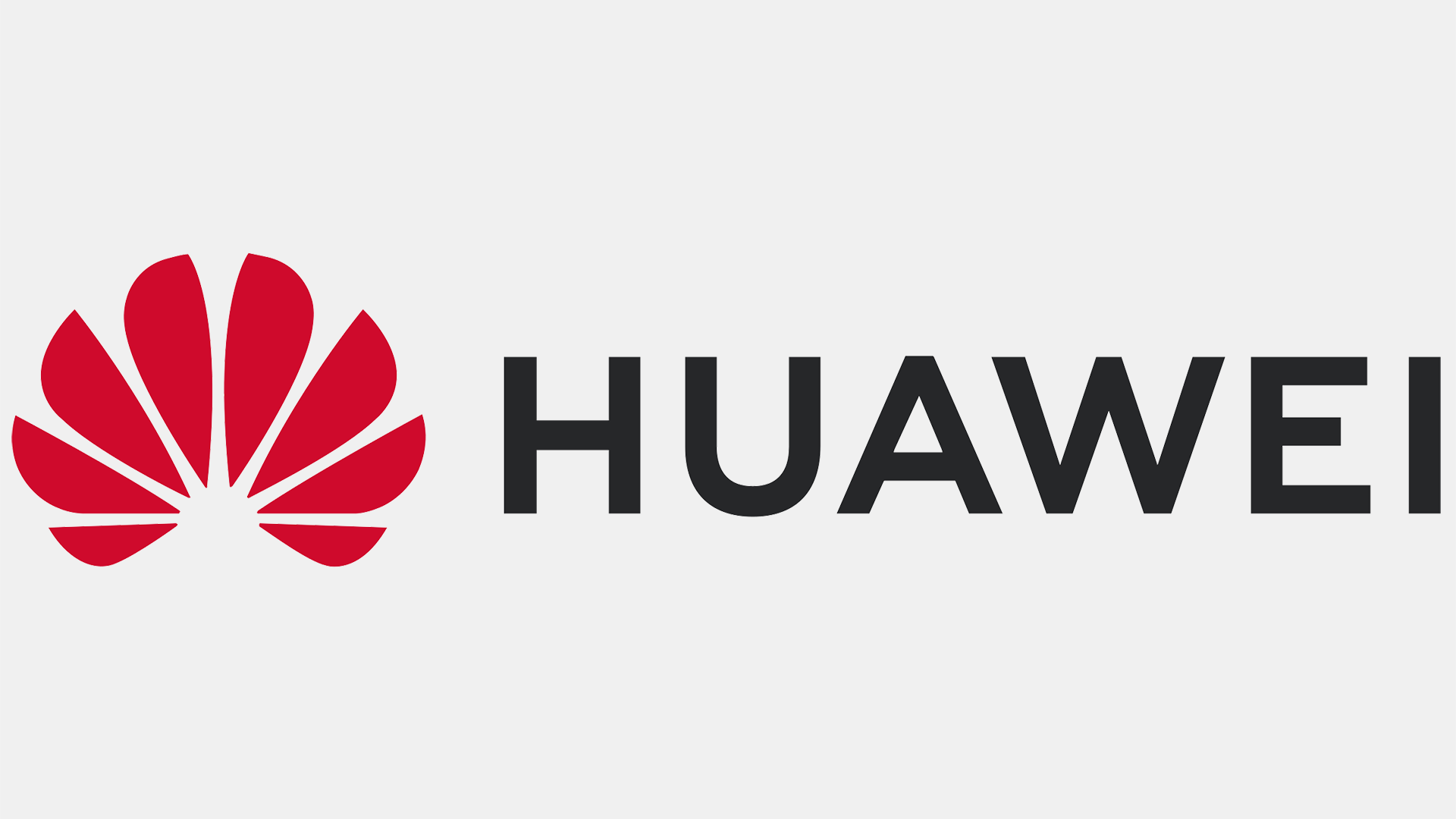Huawei Builds Secret Fab Network to Avoid U.S. Sanctions
Huawei is secretly building a semiconductor empire

Ever since the U.S. government blacklisted Huawei, the Chinese tech giant has experienced difficulties procuring almost all kinds of chips, because they all use American technologies in one way or another. And so to avoid curbs imposed by the U.S., Huawei has been building a secret fab network in China that can meet its demand for commodity logic, memory, microcontrollers, and even power semiconductors, according to a presentation by SIA (reported by Bloomberg).
Right now, Huawei's network includes five fabs: Shenzhen Pensun Technology's (PST) 28nm/40nm-capable logic fab; former Fujian Jihnua's (aka Fujian Jinhua Integrated Circuit Co., JHICC) memory fab that can make commodity DRAMs; SwaySure's fab, which is set to produce memory chips for automotive applications, consumer electronics, and wearables; Pengxinwei IC Manufacturing Co.'s (PXW) fab that specializes on image sensors and RF chips; and Qingdao Si'En's fab that produces microcontrollers (on 28nm – 180nm process technologies) and power electronics, such as MOSFETS, BCDs, and IGBTs.
This network is not a perfect substitute for TSMC and its leading edge process technologies — Huawei will not be able to produce advanced ASICs, processors, or SoCs for PCs, smartphones, and servers at these fabs — but it will make it easier for Huawei to procure commodity chips for a variety of applications without any restrictions from the U.S.
The SIA suggests that Huawei might be avoiding scrutiny and sanctions by creating and buying facilities under the names of other companies without disclosing its direct involvement.
To build its network, Huawei acquired fabrication facilities from JHICC and Qingdao Si’En and is assisting in the construction of fabs that belong to Pengxinwei IC Manufacturing Co. (PXW) and Shenzhen Pensun Technology Co. (PST), according to Bloomberg. Meanwhile, SwaySure is a state-backed company that will supply to Huawei.
It is noteworthy that entities like JHICC and PXW are already blacklisted by the U.S. government — they cannot sell their products to multinational corporations and have problems with procuring advanced wafer equipment. Meanwhile, Huawei is assisting construction of least three additional fabs in China.
China's ambition to become self-reliant in the semiconductor domain is evident in its hefty investments. Plans are underway for approximately 23 chip-making facilities, aiming for an investment surpassing $100 billion by the end of the decade, according to Bloomberg. By around 2030, China hopes to dominate over half of the world's production capacity for older-generation chips, which remain crucial for industries such as electric vehicles.
Get Tom's Hardware's best news and in-depth reviews, straight to your inbox.
However, the real concern for the international community, especially the U.S., is the potential trajectory of Chinese firms such as Huawei, which is a huge conglomerate with plenty of resources. Such companies could eventually leapfrog into leading-edge semiconductor manufacturing, which will give China access to advanced AI and HPC processors and will render international sanctions obsolete. This developmental pathway mirrors the success stories of giants like TSMC and Samsung, which once lagged but now spearhead the industry. However, it will likely take decades for Chinese companies to get into leading-edge chip production nodes using domestic wafer fab equipment.

Anton Shilov is a contributing writer at Tom’s Hardware. Over the past couple of decades, he has covered everything from CPUs and GPUs to supercomputers and from modern process technologies and latest fab tools to high-tech industry trends.
-
kep55 This article points to one glaring flaw in today's economy. So many products now, for questionable reasons, rely on computers for their operation that one country can essentially control the world. Look at what happened during the COVID shut downs.Reply -
bit_user The main concerns I have about this are:Reply
China could run older fabs out of business by operating at artificially low prices (i.e. "dumping").
China could sew up the supply chain of critical input materials for fabs.
#1 can be partially addressed through tariffs, but unless they're rather expansive, you still have the problem of devices containing chips made on their cut-price nodes gaining a price advantage over devices which don't.
#2 requires some foresight and securing long-term supply contracts from where these resources mostly originate. Of course, a lot of the raw materials originate from relatively unstable countries, and if a regime is overthrown, then the new one might not honor contracts from before, preferring to renegotiate better terms or with customers they deem more favorable to their interests.
The long-term goal should simply be to have fair competition and a level playing field. -
Neilbob Or not so secret, if this article is anything to go by. Or does the word 'secret' have another meaning I'm not aware of? :pReply